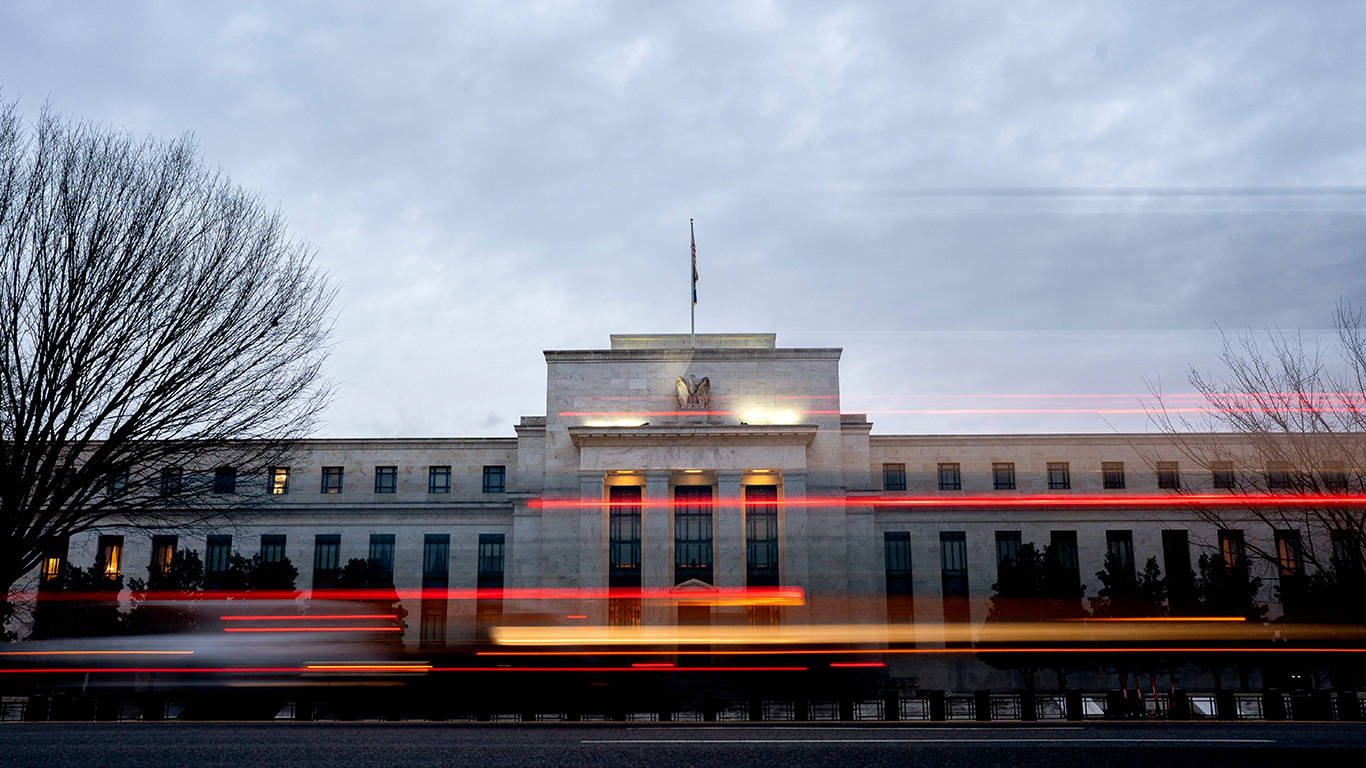“Inside, Outside…. Leave me alone!
Inside, Outside … Nowhere is home!
Inside, Outside … Where have I been?
Out of my brain on the 5:15…”
— The Who
There’s been a massive reaction to Credit Suisse analyst Zoltan Poszar’s note about the birth of a new Bretton Woods agreement.
Every investor in the world should read it. Zerohedge posted (behind their paywall) a lengthy analysis of Poszar’s musing along with some reactions from Wall St. It is well worth your time.
The people most freaked out about this note are the Keynesians who worship at the altar of what Poszar calls Inside Money — money that only exists inside the financial system, bonds, credit, dollars, euros, etc.
Austrians, like myself, have always understood that eventually Inside Money fails because it is ultimately nothing more than a Ponzi Scheme built on top of Outside Money — money that exists outside the financial system, like commodities and bitcoin.
Poszar makes his early case and then goes through the mechanics of what is happening in the financial plumbing of the world economy right now to prove the stresses are real and building quickly towards an implosion of Inside Money and an explosion of Outside Money.
Again, anyone with a passing acquaintance with Austrian business cycle theory and Mises’ Theory of Money and Credit always knew this day was coming.
Today’s “Inside Money” standard, known colloquially as the Dollar Reserve standard, is actually what I like to call “Milton Friedman’s Nightmare.” It is nothing more than a system of competitively devalued and inflated debt-based scrips running around drinking each other’s milkshakes until everyone’s glass is empty.
FYI, there are a lot of empty glasses around the world right now and more are being created everyday as the financial system turned predatory after the Lehman Bros. collapse in 2008.
…click on the above link to read the rest of the article…













/confused-confusion-571b8bf35f9b58857db47336.jpg)




CHICAGO – Smart economic policymaking invariably requires trading off some pain today for greater future gains. But this is a difficult proposition politically, especially in democracies. It is always easier for elected leaders to indulge their constituents immediately, on the hope that the bill will not arrive while they are still in office. Moreover, those who bear the pain caused by a policy are not necessarily those who will gain from it.
That is why today’s more advanced economies created mechanisms that allow them to make hard choices when necessary. Chief among these are independent central banks and mandated limits on budget deficits. Importantly, political parties reached a consensus to establish and back these mechanisms irrespective of their own immediate political priorities. One reason why many emerging markets have swung from crisis to crisis is that they failed to achieve such consensus. But recent history shows that developed economies, too, are becoming less tolerant of pain, perhaps because their own political consensus has eroded.
Financial markets have become volatile once again, owing to fears that the US Federal Reserve will have to tighten its monetary policy significantly to control inflation. But many investors still hope that the Fed will go easy if asset prices start to fall substantially. If the Fed proves them right, it will become that much harder to normalize financial conditions in the future.
Investors’ hope that the Fed will prolong the party is not baseless. In late 1996, Fed Chair Alan Greenspan warned of financial markets’ “irrational exuberance.”…
…click on the above link to read the rest of the article…